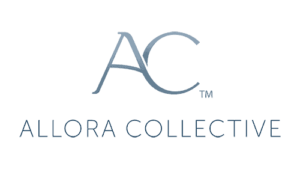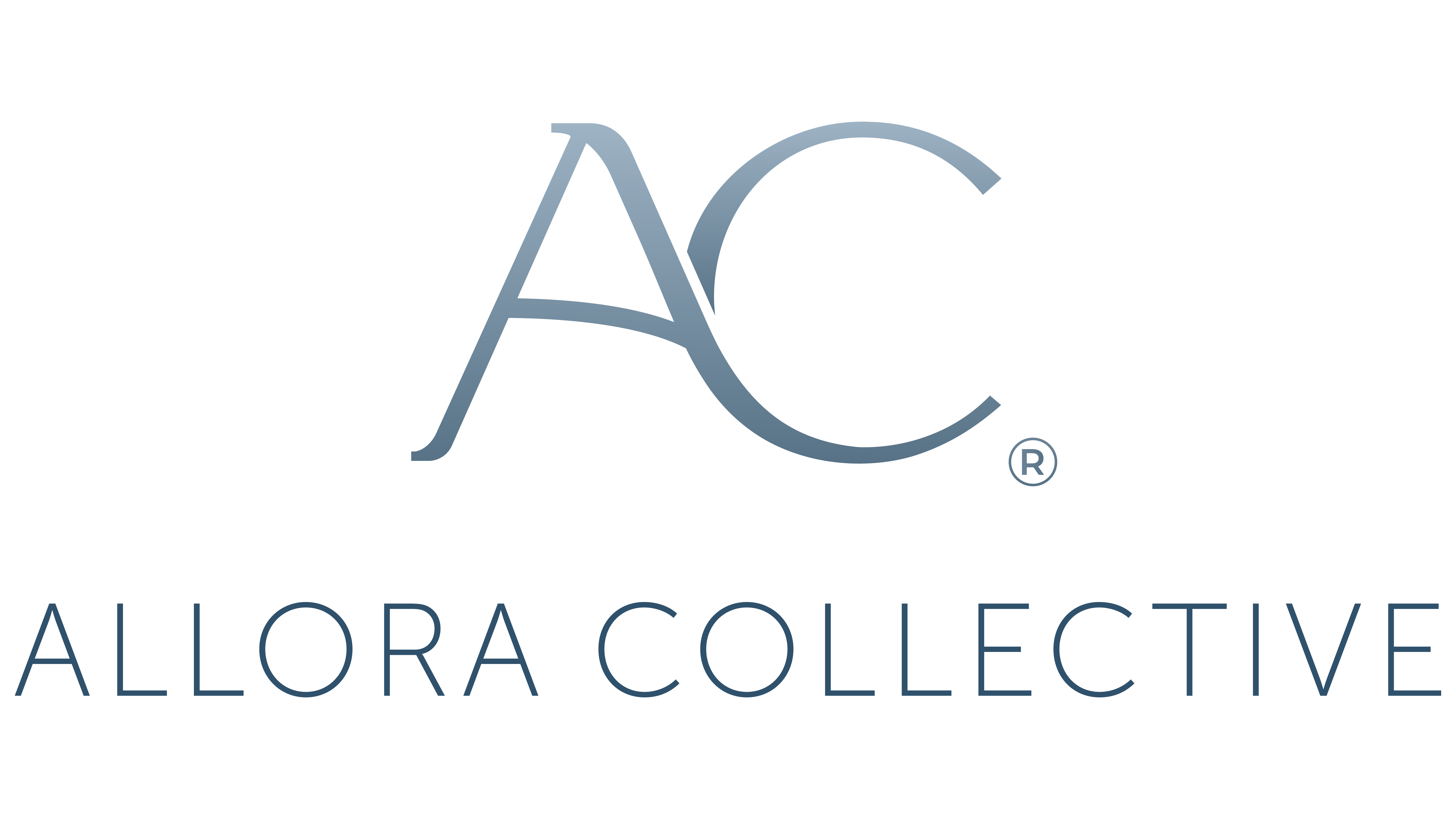
Preparing for the Recruiter and Hiring Manager Interviews and Questions to Ask Them

This blog is all about interviewing with a recruiter or a hiring manager. We’re sharing our best advice on preparing for these interviews and the questions to ask them and why you should ask these questions.
The first contact in an interview process is most often a recruiter. You should be asking them questions to qualify the opportunity. The recruiter should be your partner in the interview process, maintaining communications, updating you, sharing expectations before each interview and when you reach the final stage they will present you a verbal offer, negotiate on your behalf when appropriate and extend the official offer for signature. This is an important relationship to build.
The second interview is typically the hiring manager (your potential boss). You should be asking them questions to understand if this is someone you want to work for. The hiring manager will have a significant impact on whether or not you’re successful at this company and sometimes on your career development. They may serve as a mentor who invests in you or be a blocker for any number of reasons. Not all people managers are effective people managers and it is up to you, the candidate, to try to learn as much as you can before working for them.
Please note that the hiring manager questions we are sharing are to help you start thinking about what is important for you to learn during this interview. Draft personalized questions for the hiring manager based on what you want to experience or what you want to avoid.
What do you want from your manager?
What type of support and communication helps you deliver your best work?
What type of support and communication helps you deliver your best work?
You are also making an impression when you ask questions, so remember that your questions need to be asked professionally, for example, don’t ask ‘How will you help me get a promotion?’, instead ask ‘Can you give me an example of someone on your team that was promoted and how you supported them in that process?’.
BOOK A FREE SESSION and we’ll help you personalize your interview questions!
Questions to ask in the first interview, ‘the recruiter interview’ and why you should ask them:
- What did you see in my experience that stood out and made you invite me for an interview?
-
- Perspective on the leverage you may have over other candidates will help you prepare for the interviews
- How long have you been working with the hiring manager and have you hired for this team before?
-
- If they have a strong relationship then the recruiter can offer more insight into the team dynamic and personalities you will meet
- How long has the job been open and why is it open?
-
- You want to know if the job is newly opened to manage an increase in workload or if it is a replacement for someone who left the company
- What is the salary and total compensation range you have budgeted for this role?
-
- If it’s not obvious why you should ask this question or you are unsure about it at all then book a free session with us immediately!
- What is the interview process, how long do you estimate it will take and when do you plan to make a hiring decision?
-
- Clarify their intended timeline for hiring, so you can manage it with other interviews at the same time
- Do they have a confirmed and organized interview process? If they don’t, be aware that the role could change or this lack of structure might indicate how they run their teams too!
These are standard questions to start with. If you’re looking for more questions, personalized to your situation, book a session and we’re happy to help!
Questions to ask in the ‘hiring manager interview’ and why you should ask them:
- How will you measure my success in this role?
-
- Understand expectations for your performance, specifically what tasks will be used to assess your performance
- What is your leadership style and how do you maintain communications with me and the team?
-
- You want to know how they will communicate with you and how they keep the team on the same page. Will that style work well with yours?
- What is the onboarding program for your team?
-
- Learn what the first 90 days of this job will be like and how supportive they are as a team to new employees
- How might this role change in the next year?
-
- You want them to set expectations of their plans not only for your job but the team as well
- Can you give me an example of someone you mentored, the growth they achieved, and how you supported them?
-
- If you want mentorship and opportunities for growth ask for specific examples about how your potential boss will help you and what the company process and timeline is for promotions
Remember, each interviewer is assessing something different about you and can give you different information.
The recruiter qualified you for the job, and now they want to know if you will work well with their hiring team, and how you will impact your co-workers.
Ask them why the job is open, what the interview process is, the salary range, and benefits questions.
Ask the recruiter for a prep call or email before every step and for feedback after each interview.
Ask them about the personality of the interviewer, if they have hired for their team before, what questions to expect, etc.
Ask the recruiter for a prep call or email before every step and for feedback after each interview.
Ask them about the personality of the interviewer, if they have hired for their team before, what questions to expect, etc.
The hiring manager, your would-be boss, is looking for someone dependable. Tailor your career examples to emphasize the impact of your work on the team and the business. Use specific examples that are relevant to this job and company. Practice saying your examples in 2-5 minutes. Know the data you used to make your decision and why it was important.
Ask them questions that are personalized and based on your values.
If you value growth, ask the hiring manager for an example of a team member who transitioned to a new role and how they supported them. If avoiding micromanagement and working independently is important to you, ask them how they communicate with the team and what the decision-making process is.
When you practice your career examples and answers, make time to try and anticipate the interviewers follow-up questions and practice your responses. For example, they may ask what you would do if the situation changed, or what trade-offs you would make and why you made certain decisions.
Be ready to communicate technically and non-technically and tell them how your solution will affect each of their teams to demonstrate an understanding of their roles.
BOOK A FREE SESSION for personalized interview advice and learn how our team will help you improve your interview results!
Kelly Kugler
Kelly is the Founder of Allora Collective, a career manager with two decades of experience, and a relocation strategist for expats and digital nomads in the US, Europe, and LATAM. After creating talent programs for startups and global companies, including General Assembly, NFL, and Booking.com, she built Allora Collective. She manages the careers of individuals providing one-on-one coaching and partners with companies to customize workshops and coaching packages for their teams.



